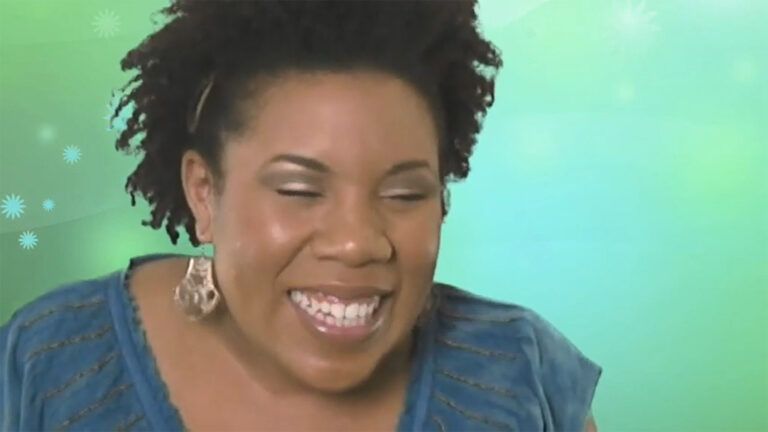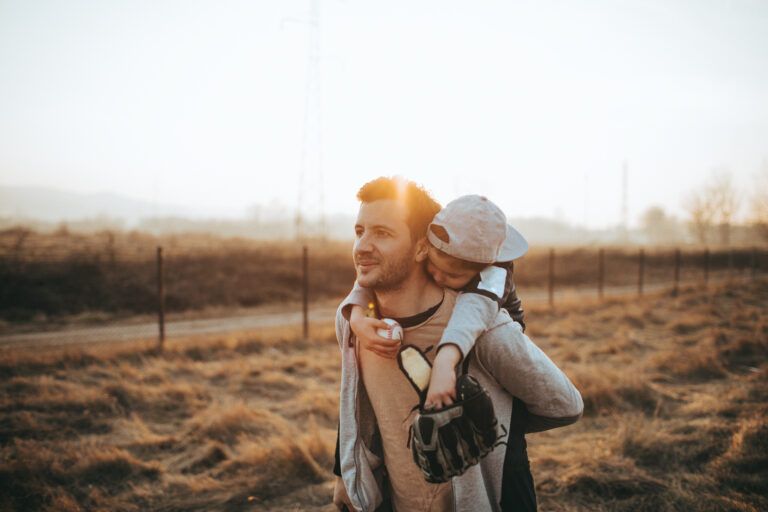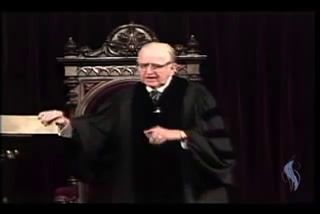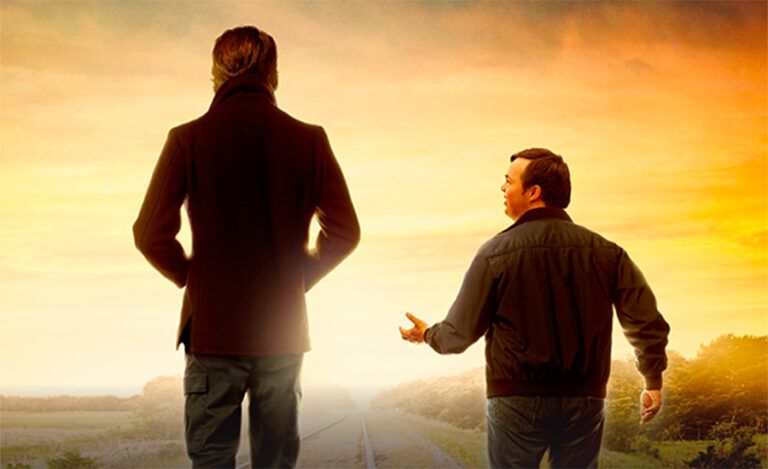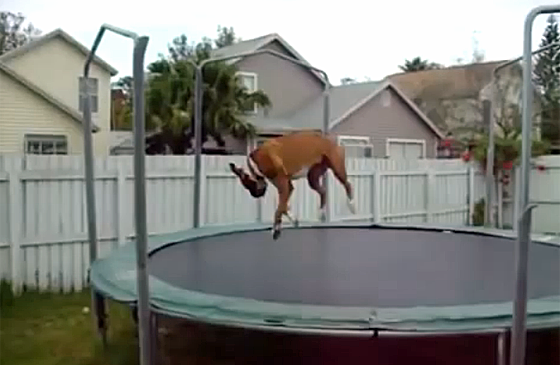
3 Dog Training Tips That Work for Couples, Too
Carol Kuykendall and her husband, Lynn, share the tips that not only helped them train their puppy, but also revived their marriage of 52 years.
View Transcript
Guideposts Video: Inspiring True Stories
Carol: Hi Guideposts. I’m Carol. And this is my puppy, Zeke, and he is a year and a half old. We’re talking to you today from Boulder, Colorado.
Lynn and I have been married for 52 years this summer, and that’s a long time. Every marriage goes through seasons, nd we found ourselves in a season not long ago of an empty nest and a very quiet house.
We’d always had dogs, but when our last dog died–his name was Kemo, and he was our reward for finishing chemotherapy because we both had cancer. And when he died, we just decided we couldn’t get another puppy. It was gonna be too hard and we never wanted to go through that again.
But we were living in this very quiet house. And there’s something about that that lets you hear each other more and watch each other, what you’re doing. And we began to get a little nitpicky. We thought,
“Well maybe we do, after all, need another dog.” So we talked about it a long time, and what’d you decide?
Lynn: I had always had dogs from childhood and I thought he was a great thing to have around. Somebody to be grateful that you’re home and is not sorrowful when you leave. It just seemed like it would be an added member to the family.
Carol: We do a good of loving something together, and we just didn’t have that with a quiet house. So we got this puppy. And Lynn was very clear that training the puppy would mostly be my job.
Lynn: Yes.
Carol: But we had to agree that it was going to be teamwork.
Lynn: Yes.
Carol: But you wanted me to go to all the training. Take the puppy to the training classes.
So that I did. And the very first session in our training class, the trainer said that she was here to train us. And that we would train our puppies. And then she said, “I’m gonna give you three tips that are just as important in personal relationships as they are in your relationship with your dog.”
The first one is that the strongest bonding comes from looking into each other’s eyes. And she said, “The command is ‘Watch me.’ And so I want you to practice this,” she said, “by going home and locking eyes with someone who lives in your house with you.”
So I came home and Lynn and I practiced speaking to each other by really looking into each other’s eyes. And what’d you think of that?
Lynn: I thought that was good because I’d always accused Carol of talking to the floor and I couldn’t hear her.
Carol: We annoyed each other with little tiny things that weren’t important. So that was the first one, more eye contact and very important with your dog.
The second one was that dogs respond much more to positive reinforcement than to negative treatment. And the same is true with people. So encouraging each other and encouraging your dog is a very important part of the training.
And the third one was the importance of overcoming temptations. And that would be like, a dog really wants to run after the bunny rabbit. And you have to teach them that they are to leave it and come to you instead of chasing after the bunny.
But the idea is, we all have to overcome temptations. With those three things in mind, I began to share these with Lynn and realize those were things that were going to help us as well.


